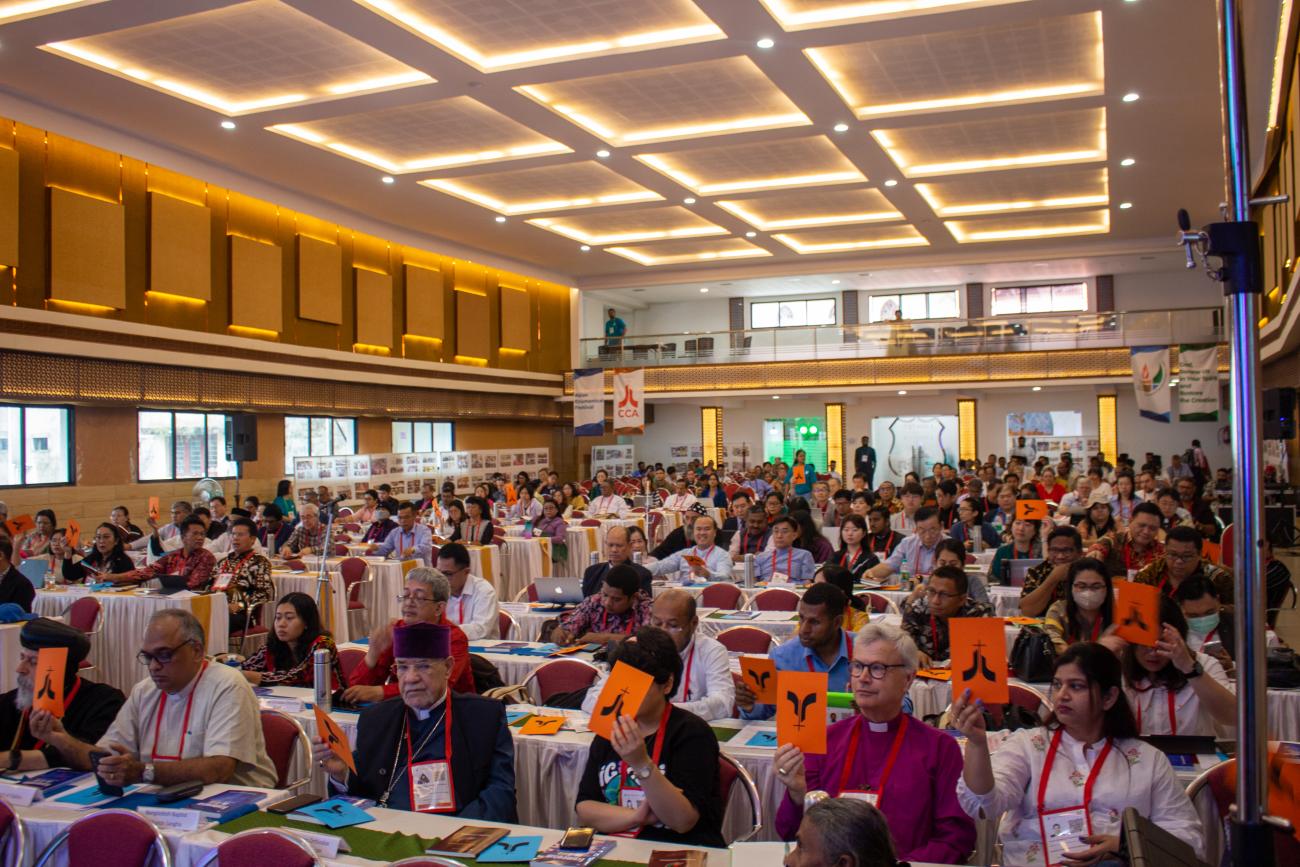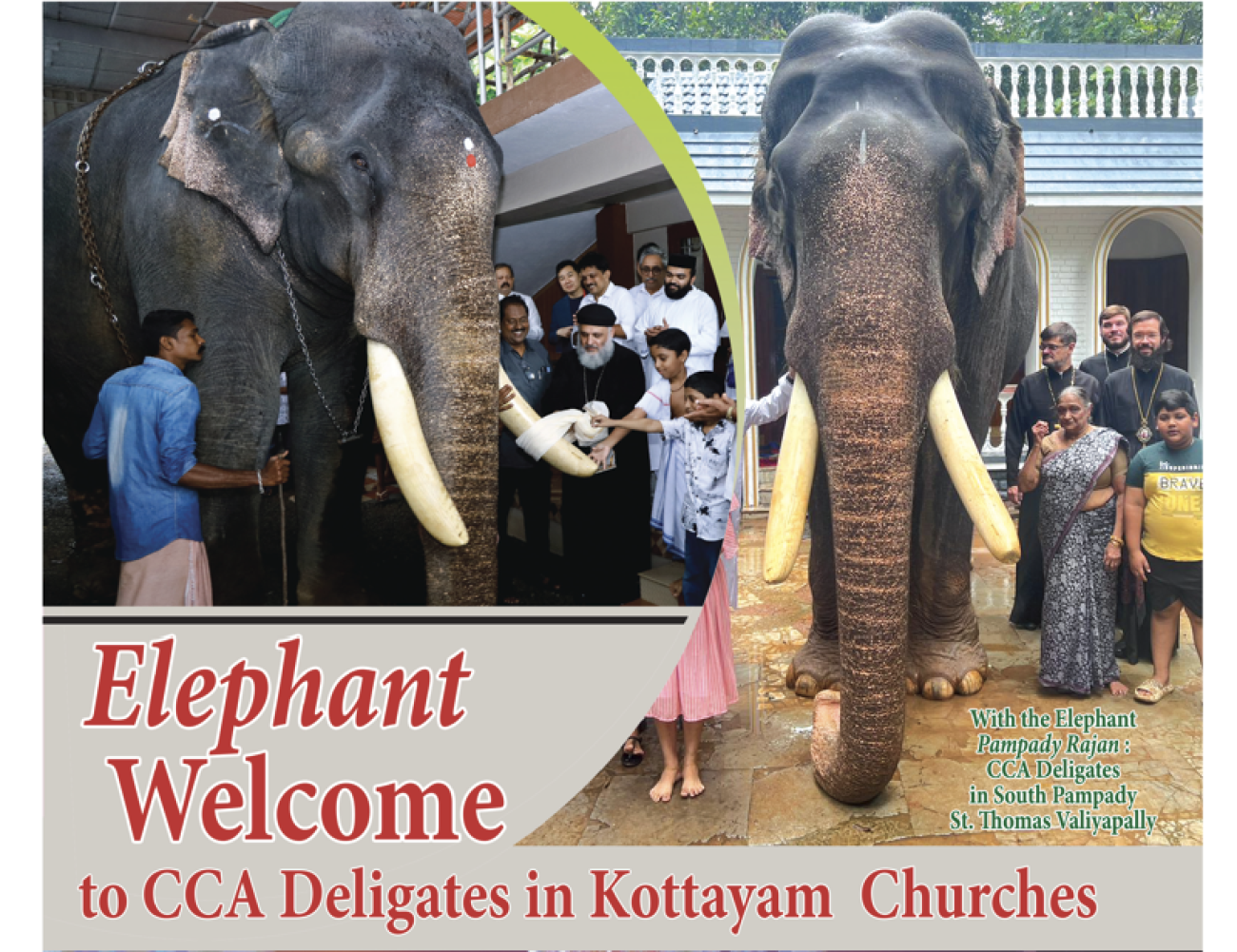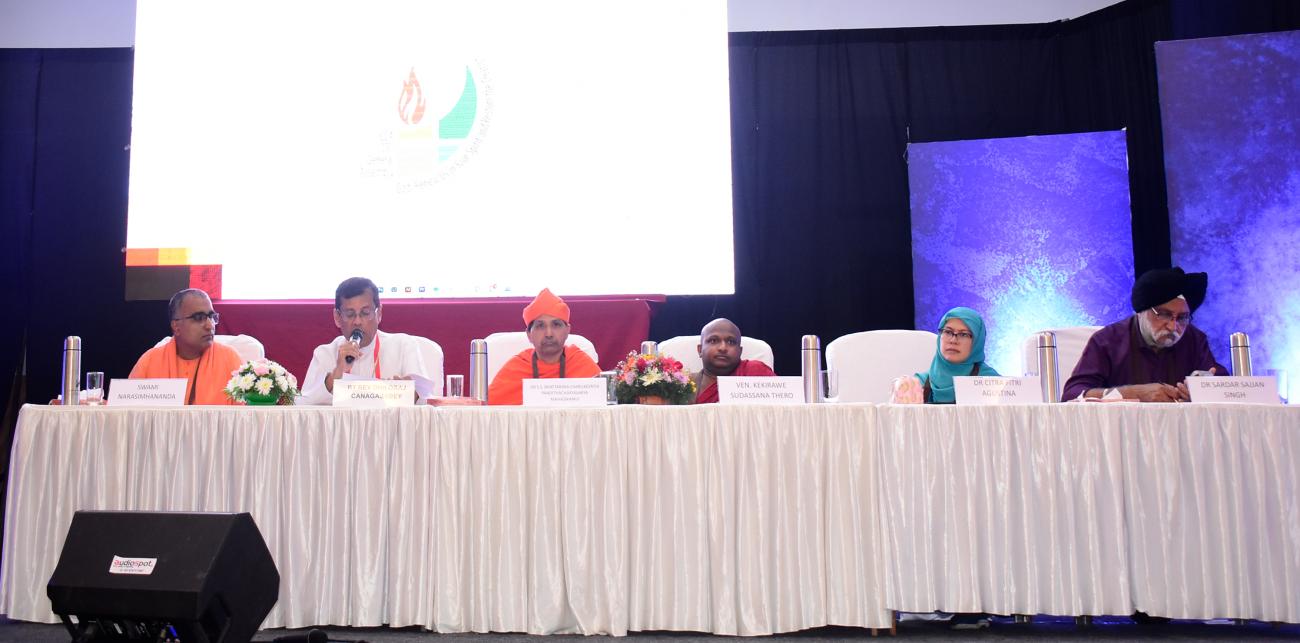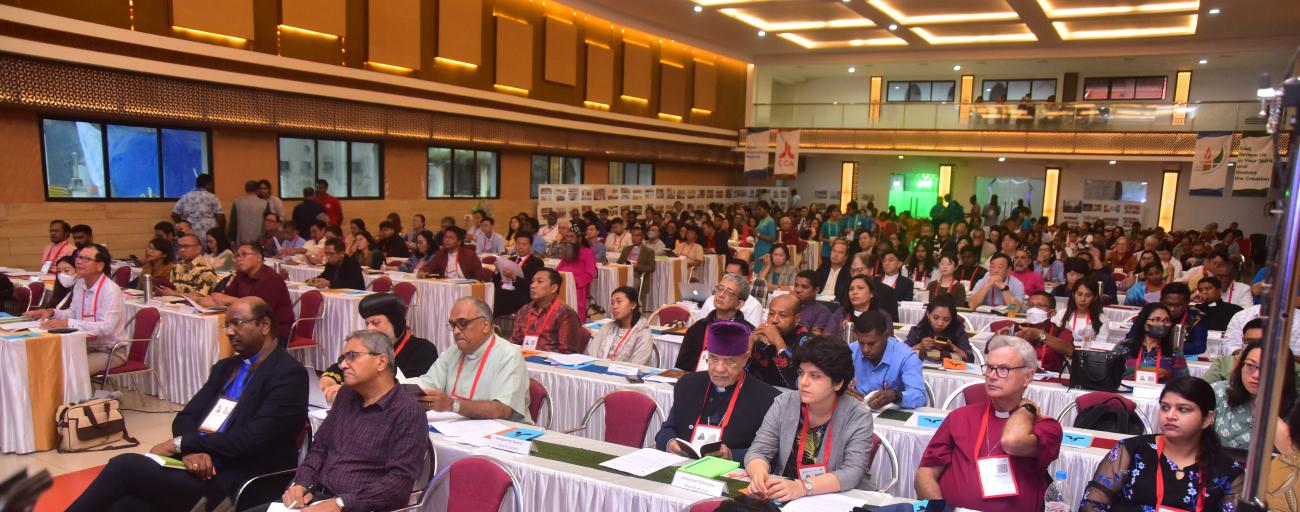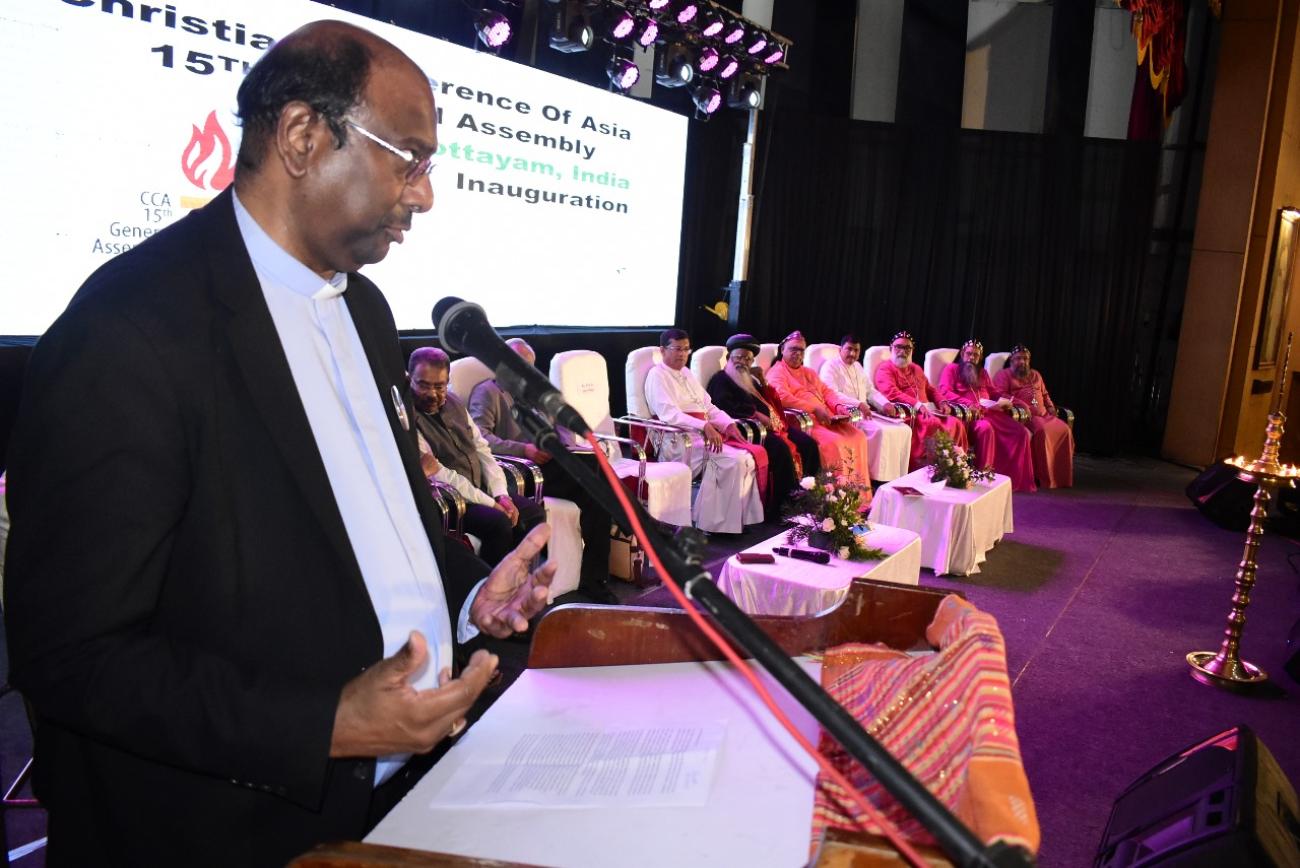Churches in Southeast Asia region strategise advocacy measures to uphold rights and dignity of people living with HIV and AIDS

Participants in a workshop session at the Southeast Asia capacity-building programme of ATCHHA, 2-4 August 2022
The Christian Conference of Asia (CCA) organised a capacity-building programme for pastors and lay leaders from churches and ecumenical councils in Southeast Asia who are involved in HIV and AIDS advocacy and ministries.
The programme was held from 2 to 4 August 2022 at the CCA Headquarters in Chiang Mai, Thailand. 21 persons attended. This was the first in-person programme to be held at the CCA Headquarters after the COVID-19 pandemic. It focused on the theme ‘Churches Engagement with HIV and AIDS: Working Towards Informed Responses’ and was aimed at equipping facilitators for effective HIV responses in Southeast Asia, strengthening churches’ advocacy on HIV and AIDS, and developing a regional strategy of inclusiveness concerning HIV and AIDS.
The programme provided a platform for participants and resource persons to engage in discussions, and share experiences, innovations, best practices, and strategies of resilience in a post-pandemic world.
At the opening session, Rev. Eun Jung Moon, CCA Programme Coordinator, talked about the importance of discussing the roles and responsibilities of churches and ecumenical councils to become inclusive and relevant to address the concerns of the people living with HIV and AIDS (PLHIV). She further alluded to four E’s—Education, Empowerment, Encouragement, and Employment—as the summary of the churches' and ecumenical councils’ roles and responsibilities to uphold the dignity of PLHIV.
Dr Salil Panakadan, Regional Programme Adviser of UNAIDS Asia and the Pacific regions, spoke on ‘Coronavirus and HIV: A brief overview of HIV and AIDS in Asia and the Impact of COVID-19’. He shared the latest data from the 24th International AIDS Conference: 38.4 million people were now living with HIV and AIDS globally and 6 million of them were from the Asia-Pacific region. He also added there were 1.5 million new infections globally with 260,000 from the Asia-Pacific Region. The data presented displayed an overwhelming increase in the graphs presented from three countries, namely, Philippines with a 327 percent increase, followed by Fiji and Afghanistan with around a 100 percent increase each.
Dr Panakadan concluded his presentation with a note to remind the churches and ecumenical councils about their HIV and AIDS advocacy, and that there was a constant challenge to maintain the commitment and gains of the previous years while introducing new approaches and tools. He stressed the potential for change through innovations but at the same time, he pointed to the insufficiency of new technologies, kits, and medicines, and spoke of the need to heighten reach and accessibility, forge partnerships with communities and organisations that can provide domestic funding, address structural barriers, and promote sustainable and enabling policies in church and community settings.
Rev. Erickson Aldovino, from the National Council of Churches in the Philippines (NCCP), shared a theological reflection on ‘Creating and enabling a congenial environment for People Living with HIV and AIDS’ based on the texts from Genesis 1:26–27 and Matthew 12:28–34. The theological reflection by Rev. Aldovino helped participants to see that in the church settings, HIV and AIDS had always been wrongly associated with sin. This demonstrated a loss of the human essence since as God’s followers we are called to share an inclusive love instead of hate, and to offer companionship and acceptance, instead of judgement. Pointing out the holistic concept of healing which involves the capacity to experience and mediate love, acceptance, and forgiveness, Rev. Aldovino observed that “healing involves developing the capacity to engage others, just as God’s expression of agape”.
“Judging those people living with HIV and AIDS cannot help and will never be helpful. Loving them and validating their feelings is a kind of care that they need,” added Rev. Aldovino.
Drawing inspiration from experiences of his ministry among the people living with HIV and AIDS, Rev. Aldovino concluded that loving them, accompanying them, and validating their feelings is simple yet concrete means that can be employed by churches and ecumenical councils responding to the problems of AIDS.
Dr Ronald Lalthanmawia, the CCA Programme Coordinator of Prophetic Diakonia and HIV and AIDS Programme, led a workshop on ‘HIV-101’ as an introductory course for the participants to re-learn and review their knowledge related to the AIDS pandemic.
Arceli Bile, CCA HIV and AIDS Advocacy Coordinator, discussed Stigma, Shame, Denial, Discrimination, Inaction, Misaction (SSDDIM) with the participants. Bile described fear as the rim of the wheel. The participants were given the opportunity to identify responses of churches and priorities in overcoming SSDIM in the communities such as education and awareness through various platforms, advocacy work in the communities, incorporating the issue in theological education, and cascading of information to various levels in the church and ecumenical councils. The SAVE approach (Safer Practices, Access to Treatment, Voluntary Counselling and Testing, Empowerment) was introduced as a more comprehensive approach to addressing the problem of HIV and AIDS.
The three-day programme included a visit to four service-providing centres in Chiang Mai—Ban Sabaay Foundation (HIV Shelter Home), CAREMAT (HIV Clinic & Outreach), MPlus (MSM and Men’s Health), and MAP Foundation (Migrants Assistance Programme).
The participants developed action plans to concretise their commitment to HIV and AIDS ministry through church-based programmes and activities.


